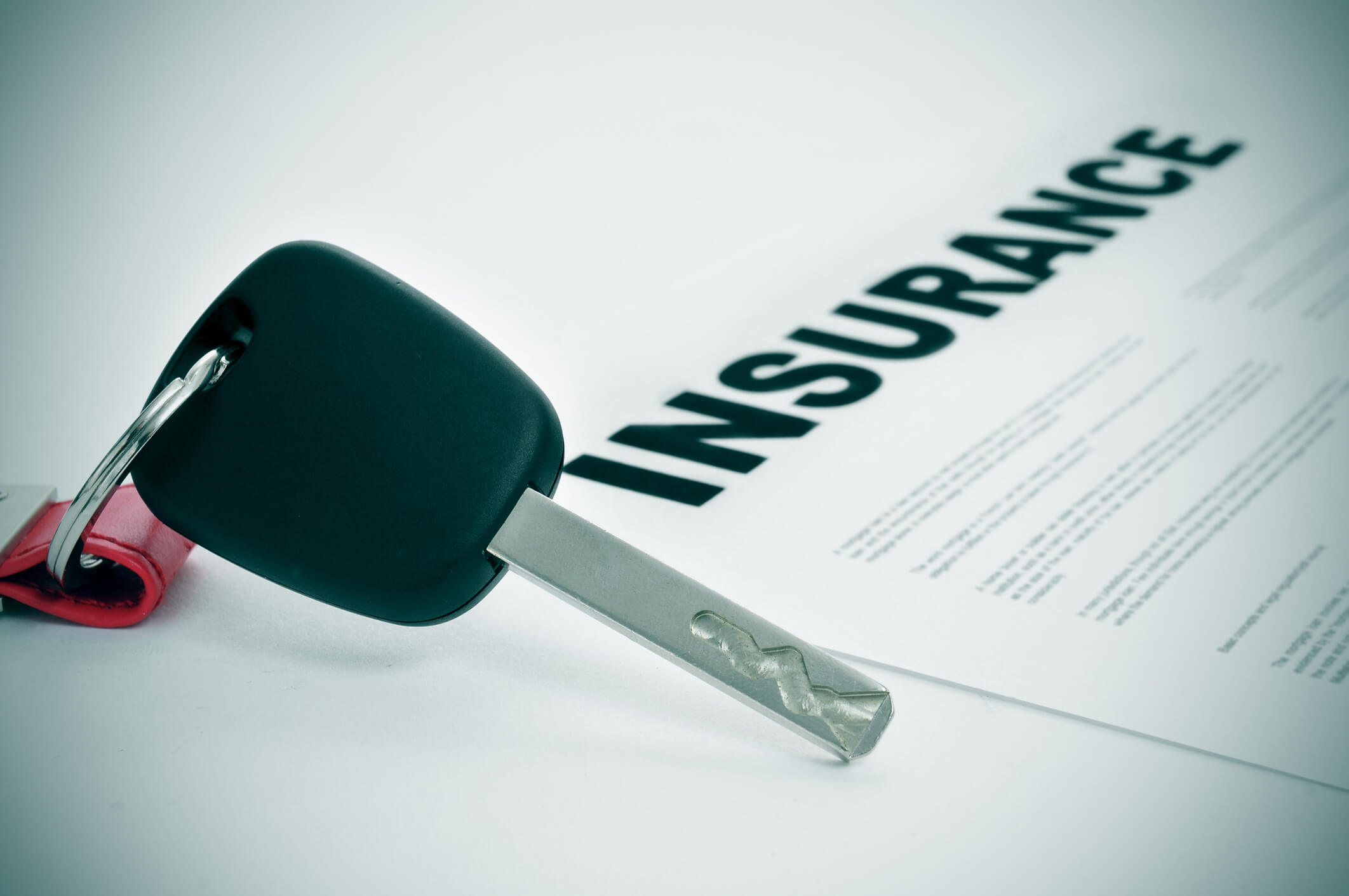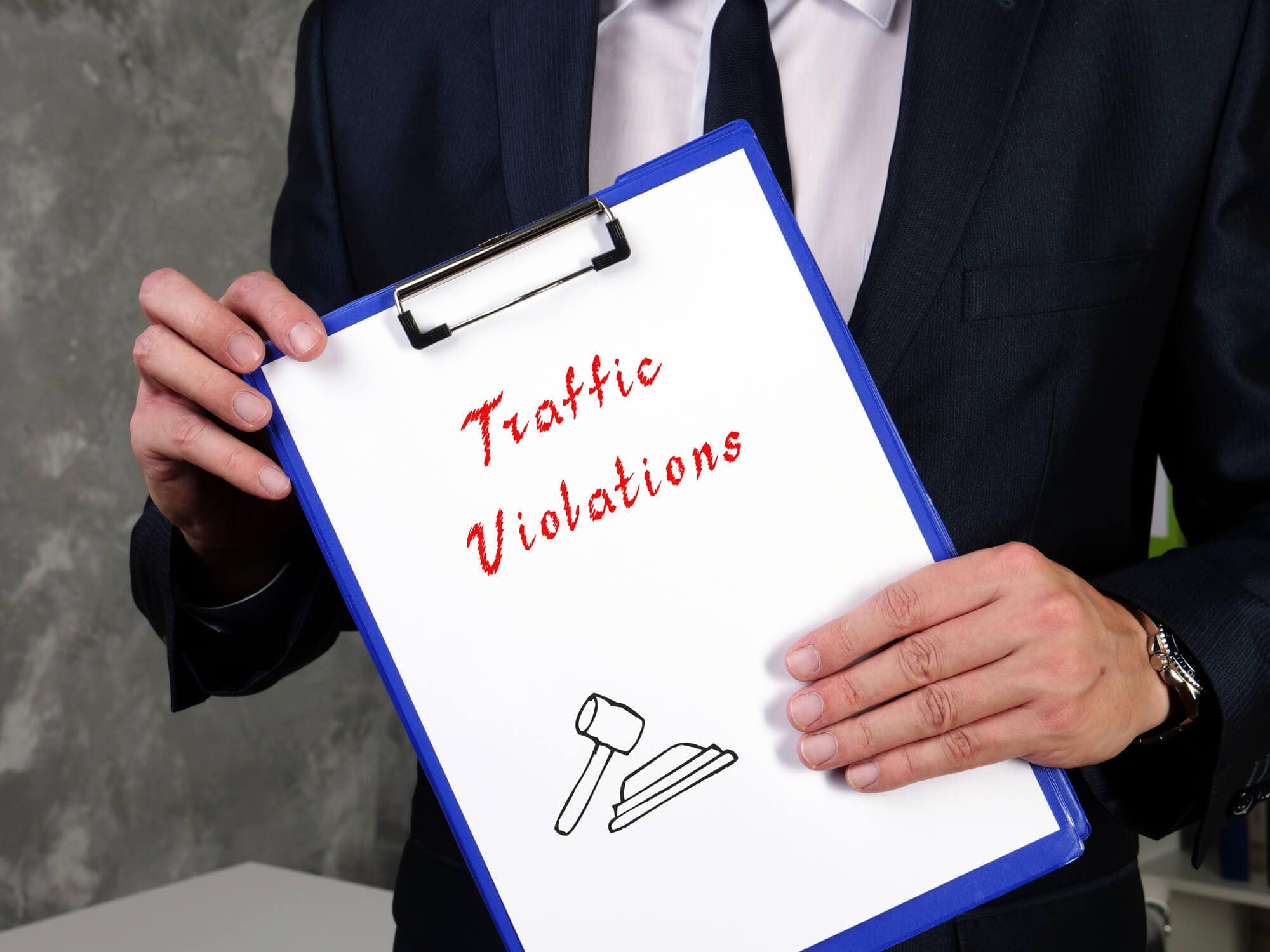Regarding personal injury law, few doctrines are more misunderstood or impactful than contributory negligence. This long-standing legal doctrine in North Carolina holds significant implications for injured plaintiffs pursuing damages after an accident. Knowing how contributory negligence works is essential whether you’re someone seeking justice or anyone trying to understand your rights. The more information you have, the better prepared you are if your case goes before a jury.
Unlike most states in the U.S. that use comparative negligence, North Carolina remains one of the few jurisdictions where contributory negligence law can completely bar an injured person from any recovery if they were even slightly at fault. For this reason, working with skilled attorneys is critical.
At Constantinou & Burkert Accident Injury Lawyers, we believe in educating our clients and offering strategic legal guidance. This article explores the law, the facts, the process, and how our law firm can help you navigate the challenges of contributory negligence.
The Basics of Contributory Negligence
Contributory negligence is a legal rule that prevents a plaintiff from receiving compensation if they were in any way responsible for the incident that caused their injuries. Even when the defendant is 99% at fault, the plaintiff may be barred from damages if they share just 1% of the blame. This raises the critical question of fairness in such cases. The issue lies in how the court determines the degree of negligence and whether the fault threshold crosses the legal limit. To establish liability, the capacity of each party to act with reasonable care is assessed. This doctrine serves specific purposes in maintaining strict standards for personal accountability.
This standard contrasts with comparative negligence, which is used in most states. In comparative negligence, plaintiffs can still recover a portion of damages based on the percentage of liability assigned to each party.
For example, suppose a driver was texting and caused a car accident, but the injured party was speeding. In that case, a North Carolina court may decide that the injured plaintiff’s actions contributed to the accident, thereby eliminating their right to recovery.
This doctrine emphasizes responsibility and duty of care, but it can also lead to harsh results for injury victims. That’s why it’s crucial to seek help from an experienced personal injury attorney who understands the details, the statute, and available defenses.
The History and Application of Contributory Negligence Law
The doctrine of contributory negligence dates back to English common law and was adopted by American courts. Over time, many states moved to more lenient negligence law models, but North Carolina held on to the original rule. The state remains one of the few localities still following this strict approach. According to resources like Justia, this legal doctrine includes several key elements that must be proven in court. Each individual plays a part in their safety, and failing to uphold that duty, even minimally, can impact the outcome. Consider it a warning icon for plaintiffs: Caution is critical in North Carolina. For more details, always review a law firm’s home disclaimer.
This law encourages careful behavior by all parties, but its application often raises questions of fairness, especially when minor conduct by an injured person leads to the complete dismissal of their claim.
Under North Carolina law, plaintiffs face a significant burden of proof. They must show that the defendant’s act or omission was the sole cause of the accident. This requires substantial evidence, detailed investigation, and persuasive legal arguments.
When Contributory Negligence Applies
Contributory negligence can come into play in a wide range of cases, including:
1. Car accidents
2. Slip and fall injuries
3. Premises liability
4. Medical malpractice
5. Wrongful death
6. Product liability
In each case, the defendant may raise contributory negligence as a defense to avoid paying damages. The plaintiff’s behavior will be scrutinized to see if it contributed to the injury.
An individual’s actions, such as ignoring posted warnings, failing to follow traffic laws, or entering a dangerous area, may become the basis for denying compensation. However, in serious cases involving gross negligence or intentional harm, there may be exceptions.
Exceptions to Contributory Negligence in North Carolina
Despite the rigidity of this rule, there are notable exceptions under North Carolina law that may still allow a plaintiff to recover:
1. The Last Clear Chance Doctrine
Under the last clear chance doctrine, if the defendant had the final opportunity to avoid harming the plaintiff but failed, the plaintiff may still be entitled to damages. This is a narrow but powerful exception that hinges on timing and evidence.
2. Gross Negligence or Wanton Conduct
When the defendant’s behavior rises to gross negligence, wanton conduct, or recklessness, North Carolina courts may find that the plaintiff is still entitled to recovery. This typically involves situations where the danger posed was extreme or where the defendant acted with a conscious disregard for the safety of others.
Why Working with a Lawyer Is Essential
Navigating contributory negligence law is no simple task. There are strict statutes, complex legal theories, and nuanced liability rules. An experienced lawyer from Constantinou & Burkert Accident Injury Lawyers can help evaluate the merits of your case, identify defenses, and build a strong strategy for recovery.
We work closely with clients to analyze all aspects of their cases, including:
1. Gathering medical and accident reports
2. Identifying responsible parties
3. Interviewing witnesses
4. Reviewing evidence
5. Calculating the total amount of damages
6. Understanding the facts and position of the plaintiff
Our legal team is dedicated to protecting the rights of injured individuals and families across North Carolina, especially in Raleigh and surrounding areas. We understand that each victim has a story, and we consider how a personal injury can impact all aspects of life. Our attorneys play a vital role in guiding people through their legal options while clearly explaining any limitations that may apply to their case. We also provide clarity on the attorney-client relationship, ensuring transparency and trust. With the inclusion of essential links to legal resources, we make it easy to access the information needed for informed decisions.
Steps to Take After an Accident
If you’ve been involved in an accident, taking the following steps can protect your rights and strengthen your potential claim:
1. Seek medical care immediately, even if you feel fine.
2. Document the incident with photos, witness statements, and police reports.
3. Avoid making statements about fault to others or insurance parties.
4. Contact a qualified personal injury attorney as soon as possible.
5. Keep records of bills, wages lost, and any communications related to the accident.
6. Follow all treatment plans and recommendations from your healthcare provider.
Taking early action improves your chances of a successful settlement or lawsuit outcome. It ensures no critical details are overlooked, especially in a legal environment as complex as ours across the country.
The Legal Process and Client Expectations

Constantinou & Burkert Accident Injury Lawyers explain contributory negligence and how it impacts injury cases in Durham North Carolina
Pursuing a personal injury claim in a contributory negligence state can be lengthy and emotionally taxing. At Constantinou & Burkert, we aim to simplify the experience and support our clients every step of the way.
Our services include:
1. Free consultation
2. Detailed case evaluation
3. Full explanation of your rights, options, and chances of recovery
4. Access to legal resources, advice, and ongoing updates
5. Support via phone call, text message, voicemail, or contact form
We make it easy for clients to reach us, ask questions, and stay informed about their case. Whether you’re researching on our site, exploring our menu of legal content, or contacting our law firm directly, our mission is clear: to deliver exceptional legal representation with compassion and professionalism.
Your Legal Options with Constantinou & Burkert
Choosing the right lawyer is essential when facing the complexities of contributory negligence law. At Constantinou & Burkert, we offer strategic guidance tailored to each client’s unique situation. Our knowledgeable attorneys assess your position, investigate the facts, and pursue the best legal outcome possible.
We’ve helped countless victims in Raleigh and throughout the state win settlements despite the strict rules imposed by North Carolina’s contributory negligence model. Our firm proudly serves individuals, families, and communities with dedication and results.
Connect with Us Today
If you’ve been injured and want to understand your rights under North Carolina law, call Constantinou & Burkert Accident Injury Lawyers today. Use our secure contact form, send a message, or give us a phone call to set up your free consultation.
We invite you to explore our site map, read reviews, and check our LinkedIn page to learn more about our firm, our name in the legal community, and the areas we serve.
Your future matters. Let us help you protect it.
Frequently Asked Questions
1. Can I still file a claim if I’m unsure whether I was partially at fault for the accident?
Yes, you can still file a claim. An attorney can help determine whether contributory negligence applies and assess whether there are legal strategies or exceptions, like the last clear chance doctrine, that may support your case.
2. How does contributory negligence impact insurance settlements in North Carolina?
Insurance companies in North Carolina may deny claims outright if there’s evidence the claimant was even 1% at fault. Therefore, it is essential to have legal representation before accepting or negotiating any insurance settlement.
3. What kind of evidence is most useful to fight a contributory negligence defense?
Evidence includes surveillance footage, eyewitness testimony, expert reports, accident reconstructions, and medical records. These can help demonstrate that the defendant was fully responsible or had the last clear chance to prevent the incident.
4. How is the “last clear chance doctrine” proven in court?
To prove this exception, your attorney must show that the defendant recognized the danger, could have avoided the harm, and failed to act. Timing, awareness, and reasonable alternatives are crucial elements in this analysis.
5. Does contributory negligence apply in North Carolina workplace injury cases?
Generally, workplace injuries are governed by workers’ compensation laws, which follow a no-fault system. However, contributory negligence might become relevant in third-party liability claims outside workers’ comp.
6. What happens if multiple defendants are in a contributory negligence case?
If more than one defendant is involved, the court will evaluate each party’s conduct separately. However, if any defendant finds the plaintiff even 1% at fault, their compensation can still be denied under North Carolina law.
7. Are children subject to contributory negligence rules in North Carolina?
Children under a certain age (typically under seven) are generally presumed incapable of contributory negligence. For older minors, the court may assess whether their behavior matched what would be expected from someone of similar age and maturity.
8. Can contributory negligence affect a wrongful death claim?
Yes. Suppose the deceased individual is found to have contributed in any way to the accident that caused their death. In that case, their estate may be barred from recovering damages unless an exception applies.
9. How long do I have to file a personal injury claim in North Carolina?
Under North Carolina’s statute of limitations, you generally have three years from the date of the injury to file a claim. Waiting too long can result in your case being dismissed, regardless of fault or merit.
10. How can I protect myself from a contributory negligence defense?
After an accident, avoid admitting fault, follow medical instructions, document all communications, and speak with a personal injury lawyer immediately. The sooner your attorney can begin investigating, the better your chance of a favorable outcome.



